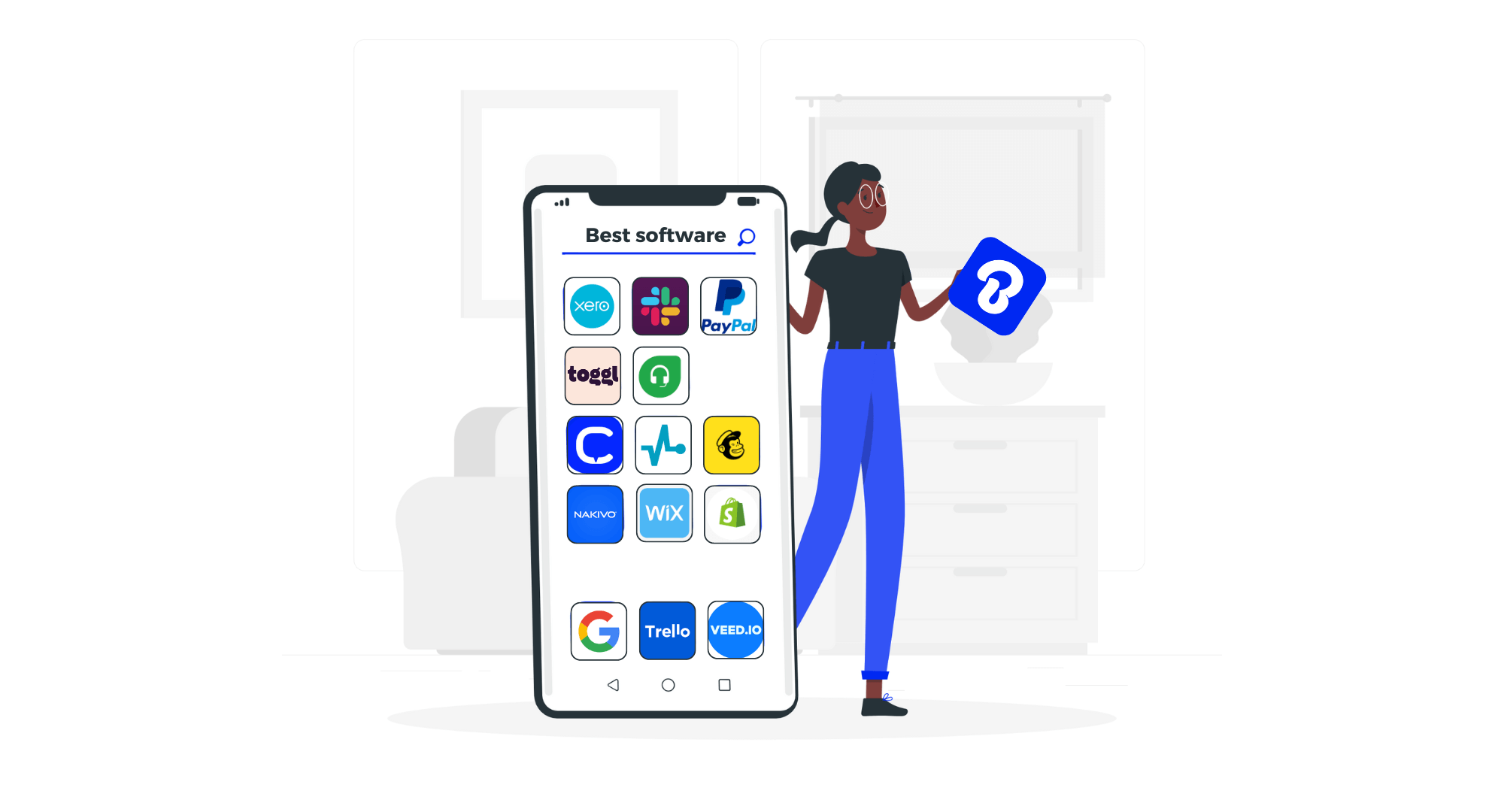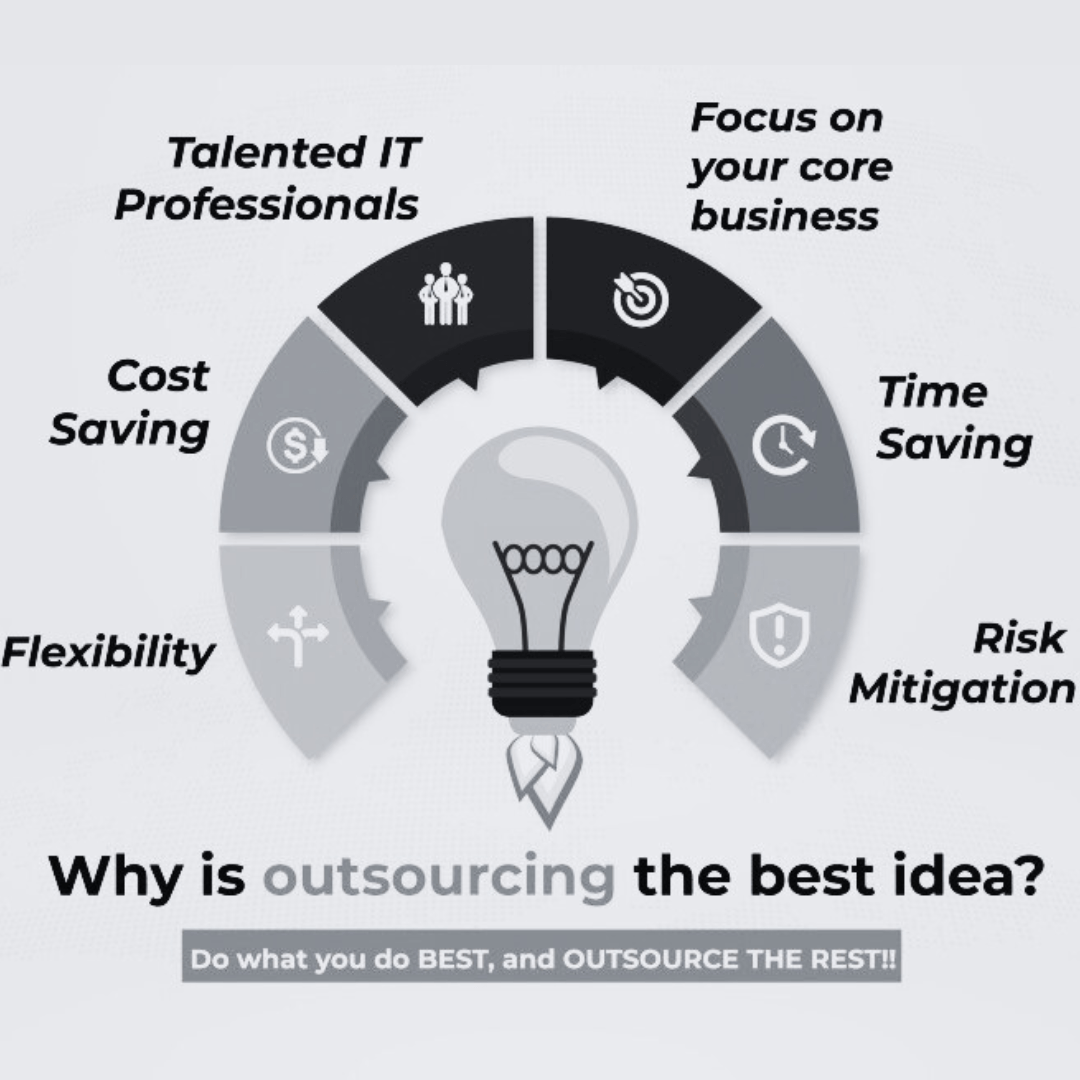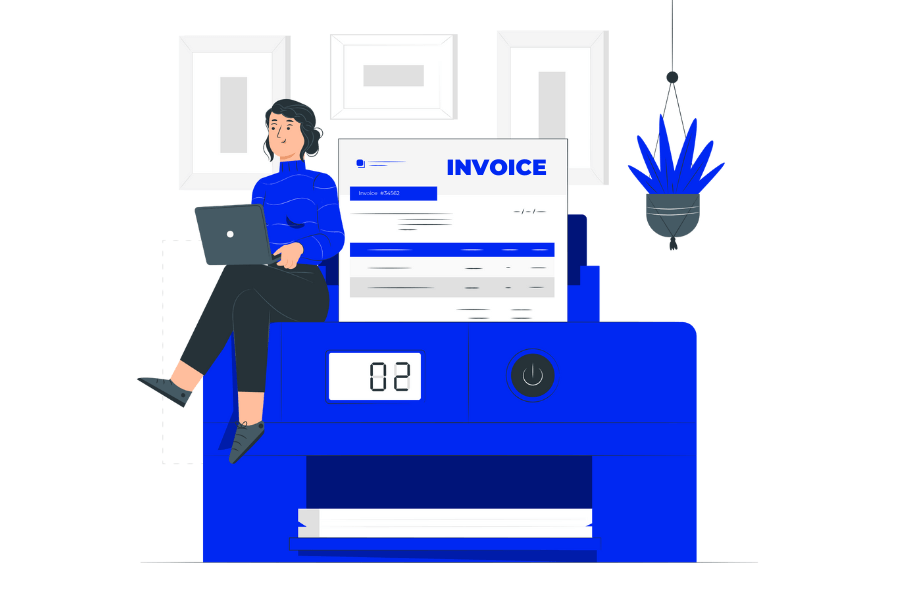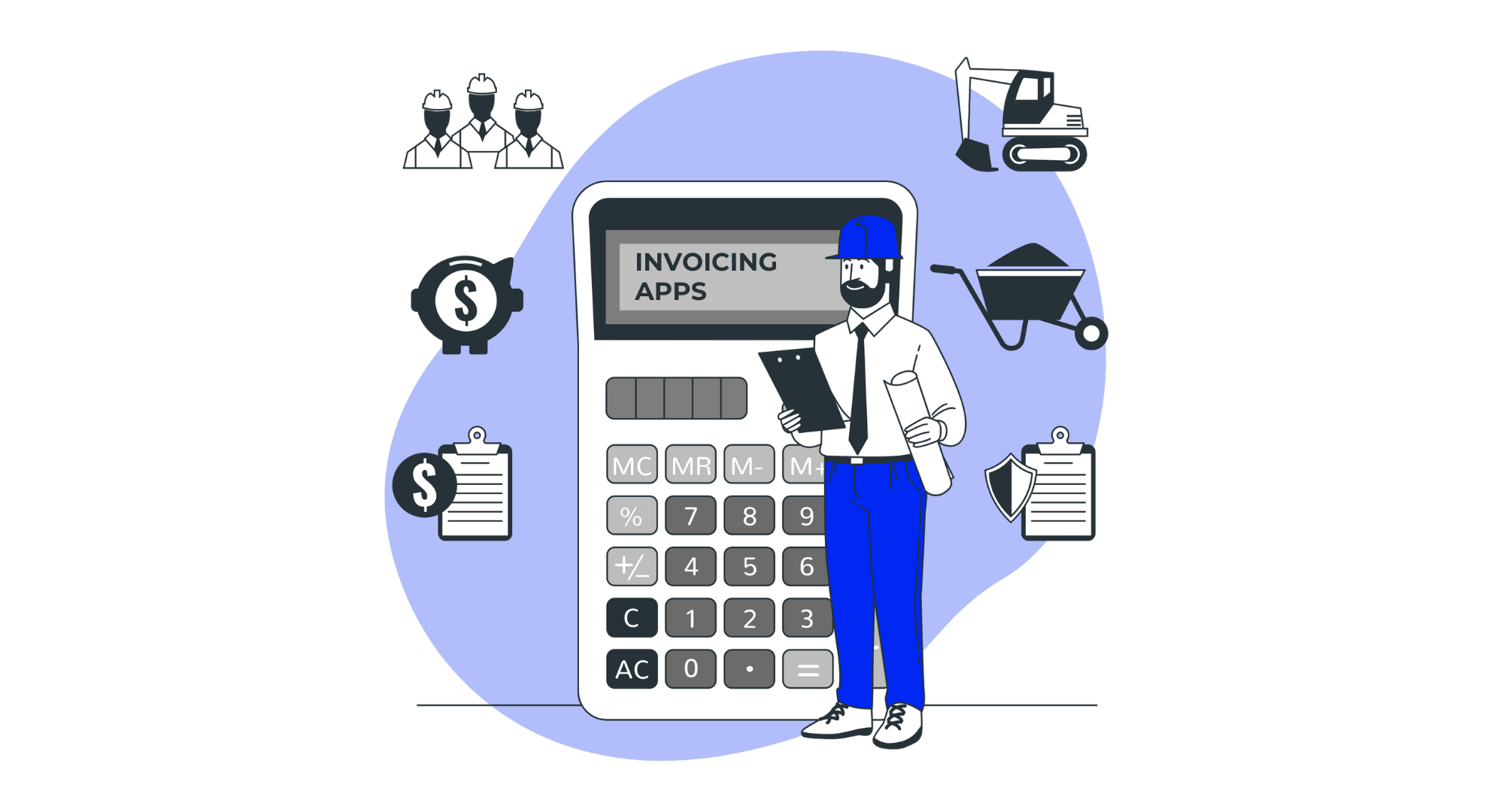
Outsourcing or in-house? There’s hardly a manager or employer today who hasn’t asked themselves this question at least once. The problem with it is that there is no straightforward answer. Both options are available for many services and tasks and each has its set of advantages and disadvantages. So, how do you make the choice?
On one hand, you can keep this internally and hire someone who knows your company inside out. It will be faster, smoother, and in many cases – cheaper. If you go by loyalty studies from Forbes, 75% of internal hires are successful in a new job role, and this reportedly improves employee loyalty.
On the other hand, you have the option to give the task to someone else, which gives you a lot more choices. If you choose to outsource remotely, this can widen your reach tremendously. Every year, 300,000 jobs are being outsourced from the US alone!
To help you make this important decision, we will dive deeper into the intricacies of finding the perfect person for a role in-house or by outsourcing.
Outsourcing vs In-house: What does it Mean?
In-house or internal recruiting is the process of hiring from within the company. This is as efficient as the employees you already have on board. Internal candidates are part of your team and know the company’s policies and culture. However, you need to find someone in-house who can do the tasks required by the new role.
Outsourcing is the process of hiring a third party to handle a task. Companies use this method to cut costs on labor, get access to a bigger pool of candidates, and allow their employees to focus on the business’s core operations.
When it comes to recruiting a new person – or a new team, it is essential to consider both options, especially if you are looking to reduce costs. Choosing the right option for your business requires an evaluation of both options.

Pros and Cons of Outsourcing
One popular option for filling open job positions or getting some tasks done is outsourcing. Basically, you’d be opening your job listings to external candidates, or employing a third party to handle some task or offer some service on your behalf.
Outsourcing Advantages
Outsourcing comes with the following advantages:
1. Perfect for more demanding services like travel management
These days, there are plenty of situations where it would be more efficient, not to mention cost-effective, to outsource instead of hiring someone in-house. Let’s say you need someone to handle booking travel for a small business. This is a very demanding role, so hiring someone in-house can be tricky, since it can take them away from their original position. Not to mention, you’d need to set aside a nice sum for someone who will deal with it all, which can be much more expensive.
The solution would be outsourcing, since if you do this in-office, you have to hire more than one person to cover the business travel management 24/7. In this case, the more obvious solution would be to use an online booking tool that will streamline the process, remove the challenges, be available non-stop, and on top of it all – come at a much lower cost. You can’t expect an employee to work around the clock to streamline travel for any person on a business trip, and hiring several of them can be quite expensive.
2. Can offer a greater deal of security and anonymity
In many cases, organizations decide to skip their internal pool of candidates and outsource a task because they want to retain a certain level of anonymity and privacy. Let’s say, for instance, that you need help creating, distributing, and managing invoices.
Outsourcing such a service means that you will get a third-party organization to send invoices to clients, collect payments, and follow up on unpaid invoices – all on your behalf. When you outsource invoicing, you are delegating a task to someone who can improve security, customer service, efficiency, compliance, and of course, cost-effectiveness.
Or, you need someone to handle the payments for people inside the company. If you give this task to someone in-house, that gives them access to the most private details of other employees. They’ll know how much other people earn, have access to the company’s financials, and more. This can create hostility within the organization, make people more competitive, and cause you trouble.













